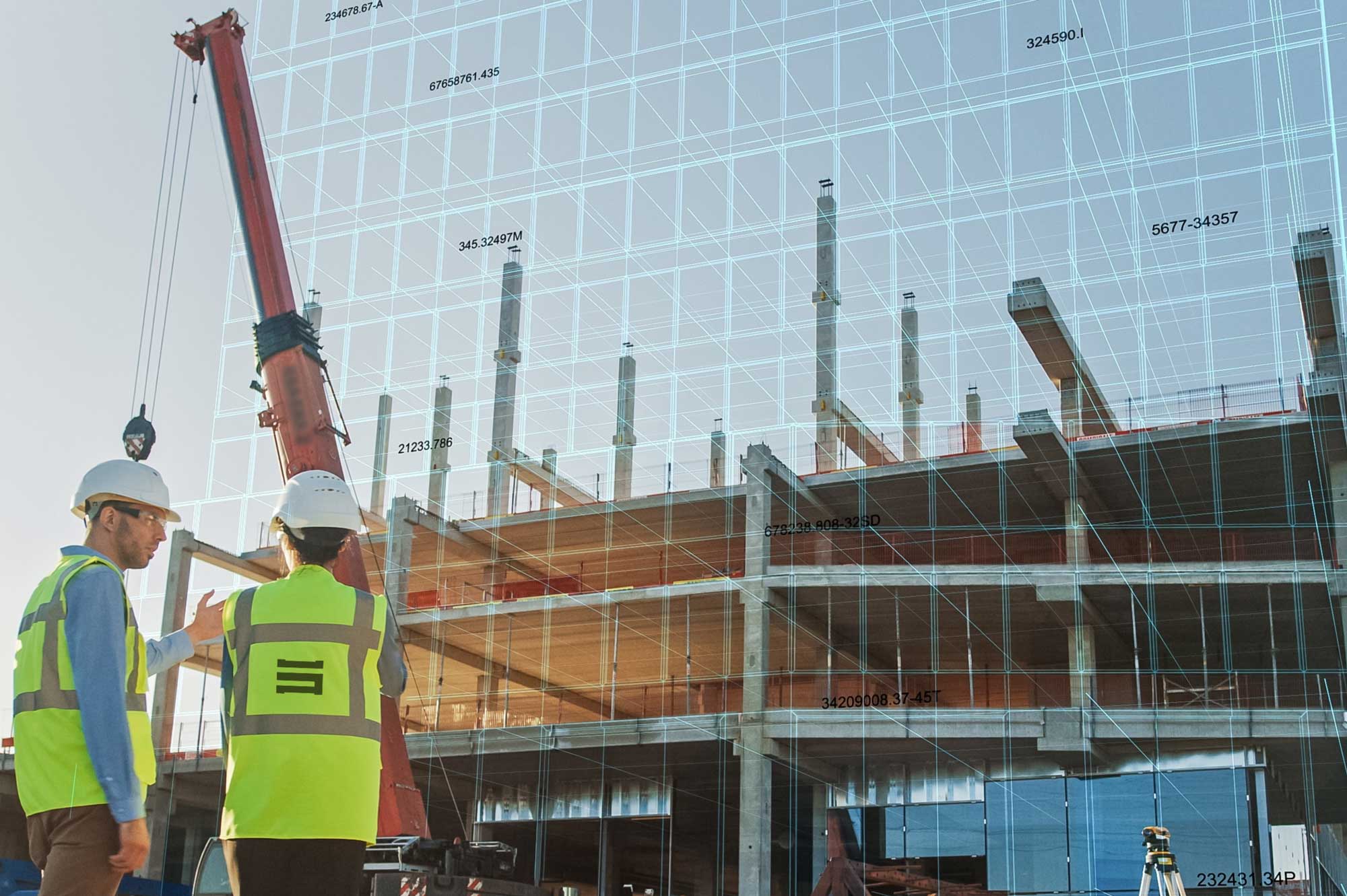Selecting the right contractor is a pivotal step in ensuring the success of your construction project. Whether you're planning an expansive commercial development or a luxurious residential villa, the contractor you choose will significantly influence the quality, timeline, and budget adherence of the project. This decision is more than just a business transaction—it's the groundwork upon which your vision will be built.
To ensure you're making the best choice, a thorough prequalification process is not just advisable but essential, providing the clarity and confidence needed to move forward with your project. This blog will walk you through the key points you need to undertake before making your choice, ensuring you select the right contractor for your specific project needs.
Contractors work closely with the client to manage the construction process, often providing input on design, materials, and scheduling.
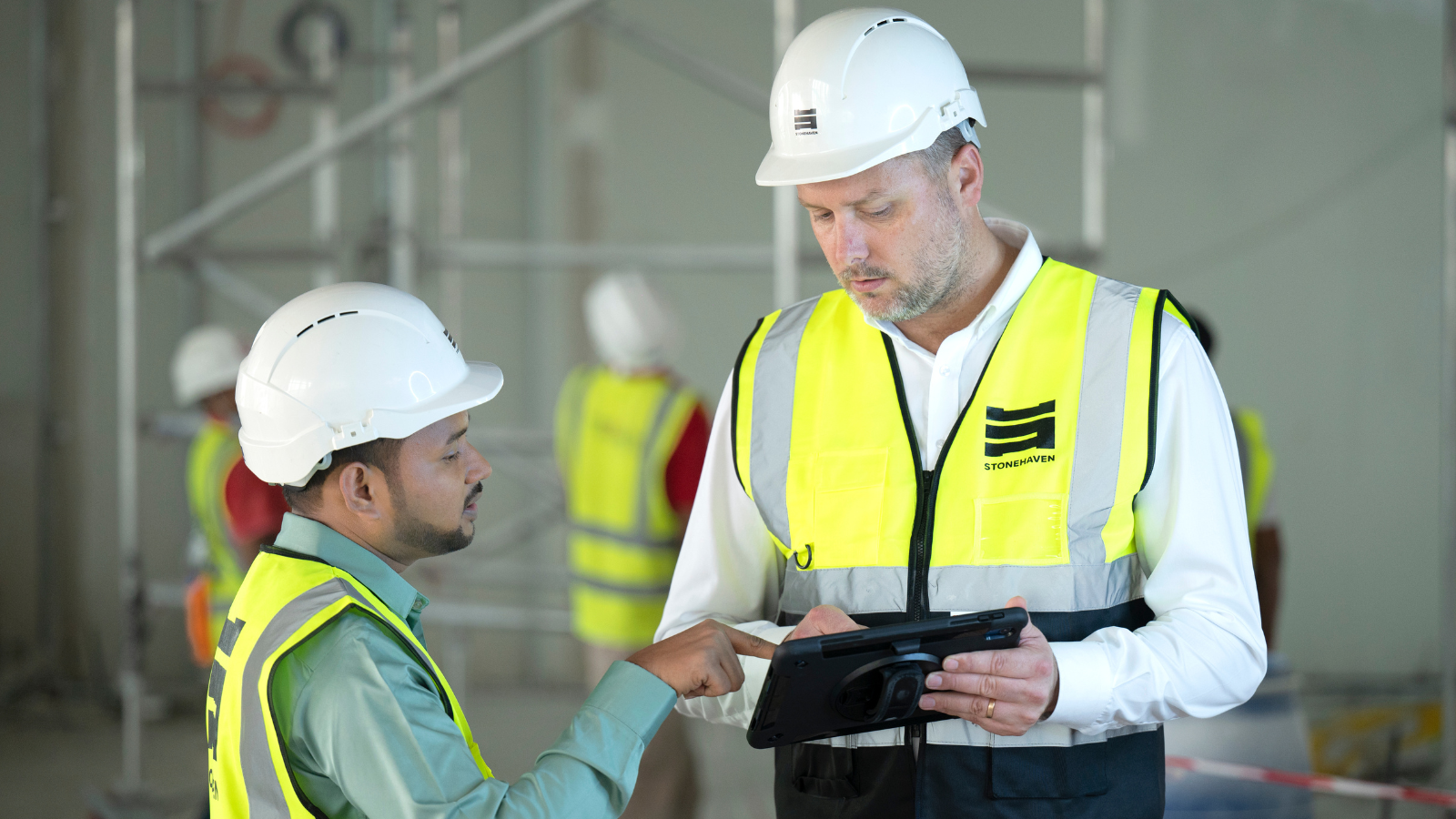
Key Considerations When Selecting a Contractor for Projects
Selecting the right contractor requires careful consideration of several factors. Here is a comprehensive checklist to guide you through the process:
1. Licensing and Insurance
Ensuring that your contractor has the proper licensing and insurance is foundational to the success and safety of your construction project. Licensing verifies that the contractor is legally qualified to perform the work, adhering to all local, regional, and national regulations. A licensed contractor is more likely to have the experience and expertise needed to manage complex projects and navigate the challenges that may arise.
Equally important is the insurance coverage the contractor carries. Comprehensive insurance not only protects the contractor but also shields you, the client, from potential liabilities. Here are the mandatory types of insurance contractors need to have when working at the site:
- Contractor’s All Risk (CAR) Insurance: Provides broad coverage for property damage and third-party injury claims during construction, protecting the project from financial losses due to unforeseen events.
- Workers' Compensation Insurance: Covers medical expenses, rehabilitation, and lost wages for workers injured on the job, minimising the client’s liability for workplace accidents.
- Builder’s Risk Insurance: Protects materials, equipment, and work in progress from risks such as fire, theft, and vandalism, ensuring the project’s value is safeguarded before completion.
- Professional Indemnity Insurance (E&O): Covers the claims arising from errors or negligence in professional services, protecting against legal claims related to design, planning, or project management failures.
- Commercial Motor Insurance: Insures vehicles used in construction against accidents, theft, and damage, essential for projects involving significant transportation of materials or equipment.
2. Experience and Expertise
Verifying a contractor’s experience in projects like yours is crucial for ensuring they can deliver the desired outcome. For residential projects, you should look for a history of successfully completed high-end residential builds, while for commercial projects, focus on the contractor’s experience with large-scale developments. A contractor with a diverse portfolio across different sectors demonstrates the ability to adapt and excel in various environments.
3. Safety Protocol Evaluation
Evaluating a contractor’s safety systems and certifications is essential for ensuring that they maintain high safety standards on site. Key certifications like ISO 45001 indicate a contractor’s commitment to implementing effective safety management systems. It is important to request evidence of their safety records, including any third-party audit reports, to verify that they consistently uphold safety protocols and comply with local regulations.
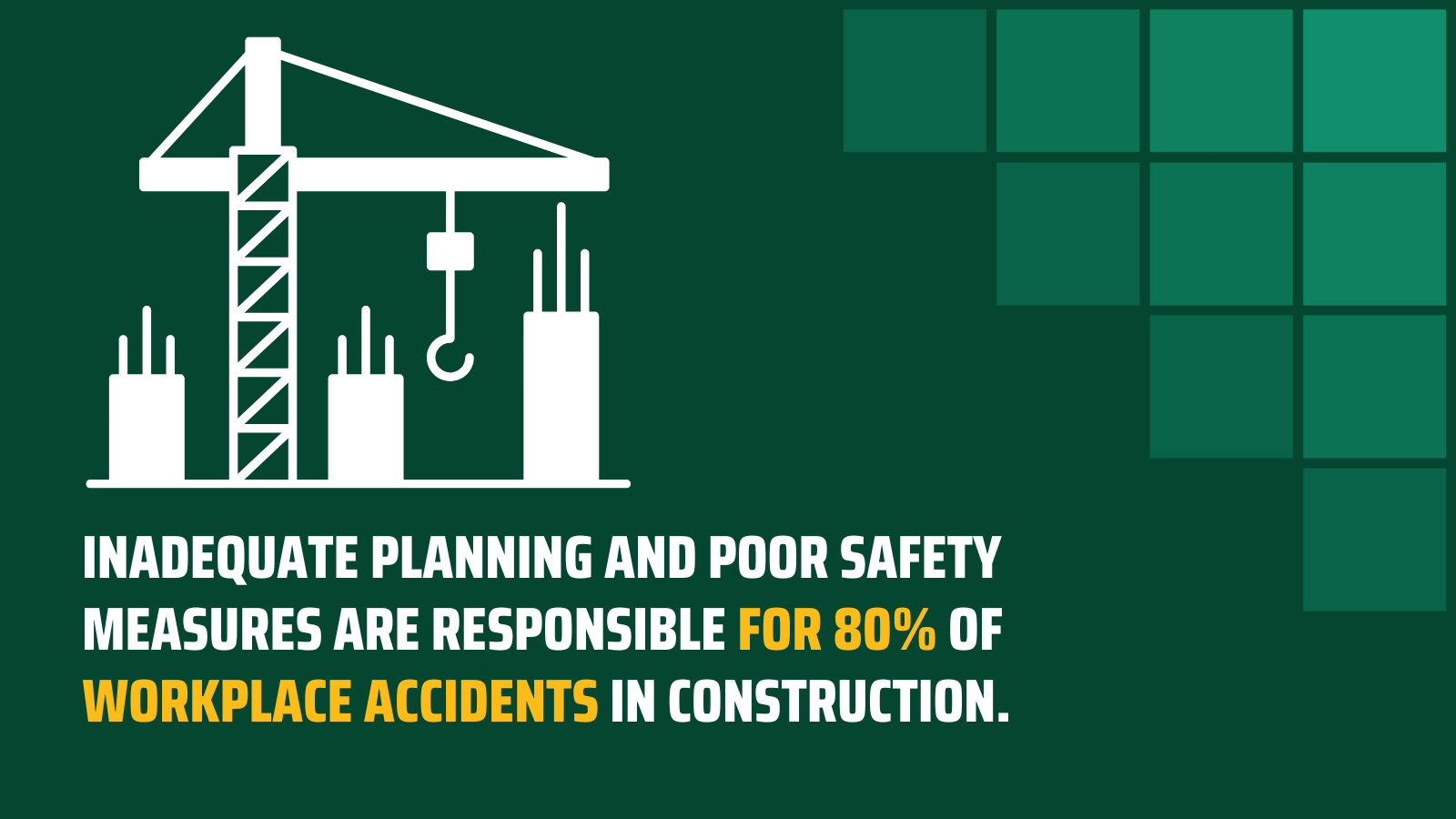
It is stated that up to 80% of workplace accidents in the construction sector are caused by inadequate planning and poor management of hygiene and safety measures. Stonehaven is triple ISO certified, holding ISO 9001 for Quality Management Systems, ISO 45001 for Occupational Health and Safety, and ISO 14001 for Environmental Management. This triple certification underscores our commitment to maintaining rigorous safety standards.
4. Certifications and Accreditations
Certifications from recognised industry bodies, such as the Royal Institution of Chartered Surveyors (RICS) and the Chartered Institute of Building (CIOB), are strong indicators of a contractor’s commitment to industry standards. These certifications reflect a contractor’s adherence to best practices, ongoing professional development, and dedication to maintaining high-quality standards in their work.
5. References and Portfolios
Requesting references and reviewing a contractor’s portfolio is essential for assessing the quality and consistency of their work. By speaking with previous clients and visiting completed projects, you can gain valuable insights into the contractor’s capabilities, reliability, and attention to detail. A strong portfolio across various sectors demonstrates a contractor’s ability to deliver successful projects consistently.
6. Transparency of Completed Projects
Transparency about a contractor’s past projects is a key indicator of their reliability and commitment to quality. When evaluating a contractor, ask for a list of recently completed projects, including details on timelines, costs, and any challenges faced. Reviewing this information can help you assess the contractor’s ability to deliver projects on time, within budget, and to the desired quality standards.
At Stonehaven, we pride ourselves on our extensive experience and expertise across a wide range of sectors. Our work on the JETEX Airport, Baoli Beach Club and Miss Tess Restaurant highlights our capability to manage large-scale and diversely complex projects with precision and efficiency. If you would like to discover more about our projects, please visit our work here.



7. Construction Site Supervision
Strong construction site supervision is critical to the success of any construction project. Site supervisors play a vital role in managing the day-to-day aspects of the build, ensuring that the project runs smoothly, and that any issues are promptly addressed. It is important to request the CVs of proposed site supervisors to assess their experience and qualifications.
At Stonehaven, we ensure that our site supervisors are highly experienced and qualified, bringing a wealth of knowledge to every project.
8. Financial Stability
Reviewing a contractor’s financial stability is essential to ensure that they have the resources to complete the project without delays caused by cash flow problems. Requesting at least three years of audited financial statements can provide insight into the contractor’s financial health and ability to manage project finances effectively.
9. Communication Skills
Effective communication is crucial for the success of any construction project. Contractors with strong communication skills will provide regular updates, keep all stakeholders informed, and work collaboratively to resolve any issues that arise. Clear communication helps prevent misunderstandings and ensures that the project progresses smoothly.
At Stonehaven, we prioritise clear and consistent communication with our clients, providing regular updates and working collaboratively to resolve any issues. Our strong communication skills are integral to our project management approach, helping us deliver projects that meet our clients’ expectations.
10. Project Timeline Estimate
A realistic and detailed project timeline is essential for managing expectations and ensuring that the project stays on track. The timeline should be both cost and time-loaded, providing accurate forecasting and helping to avoid delays.
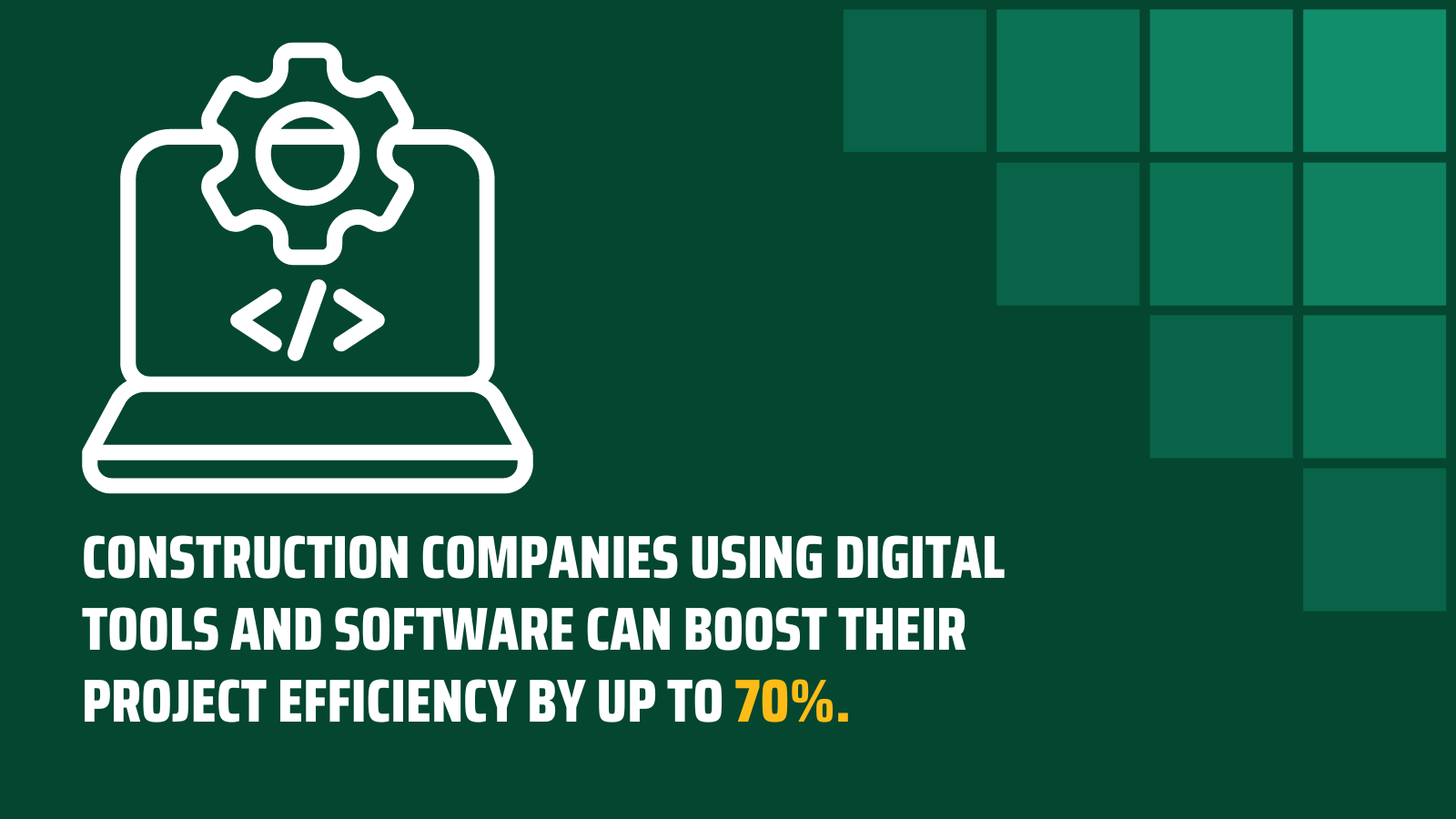
Stonehaven uses advanced project management tools like Autodesk Construction Cloud and Procore, and these tools have allowed us to provide accurate forecasting and ensure that all aspects of the project are carefully planned and executed. Insights from the Construction Productivity Survey demonstrate that construction companies that wholeheartedly embrace digital tools and software can achieve up to a 70% increase in project efficiency.
11. Subcontractors
The quality of subcontractors can significantly impact the overall success of a construction project. It is important to thoroughly vet any subcontractors that a contractor plans to use, ensuring that they are reputable, experienced, and capable of delivering high-quality work. This helps prevent issues that could arise from substandard subcontractor performance.
12. Reputation with Suppliers
A contractor’s reputation with suppliers is a critical factor in the smooth execution of a construction project. Contractors with strong relationships with their suppliers are more likely to secure high-quality materials on time, reducing the risk of delays and ensuring that the project stays on schedule. A good reputation also suggests that the contractor is professional, reliable, and capable of managing their resources effectively, which can significantly impact the overall success of the project.
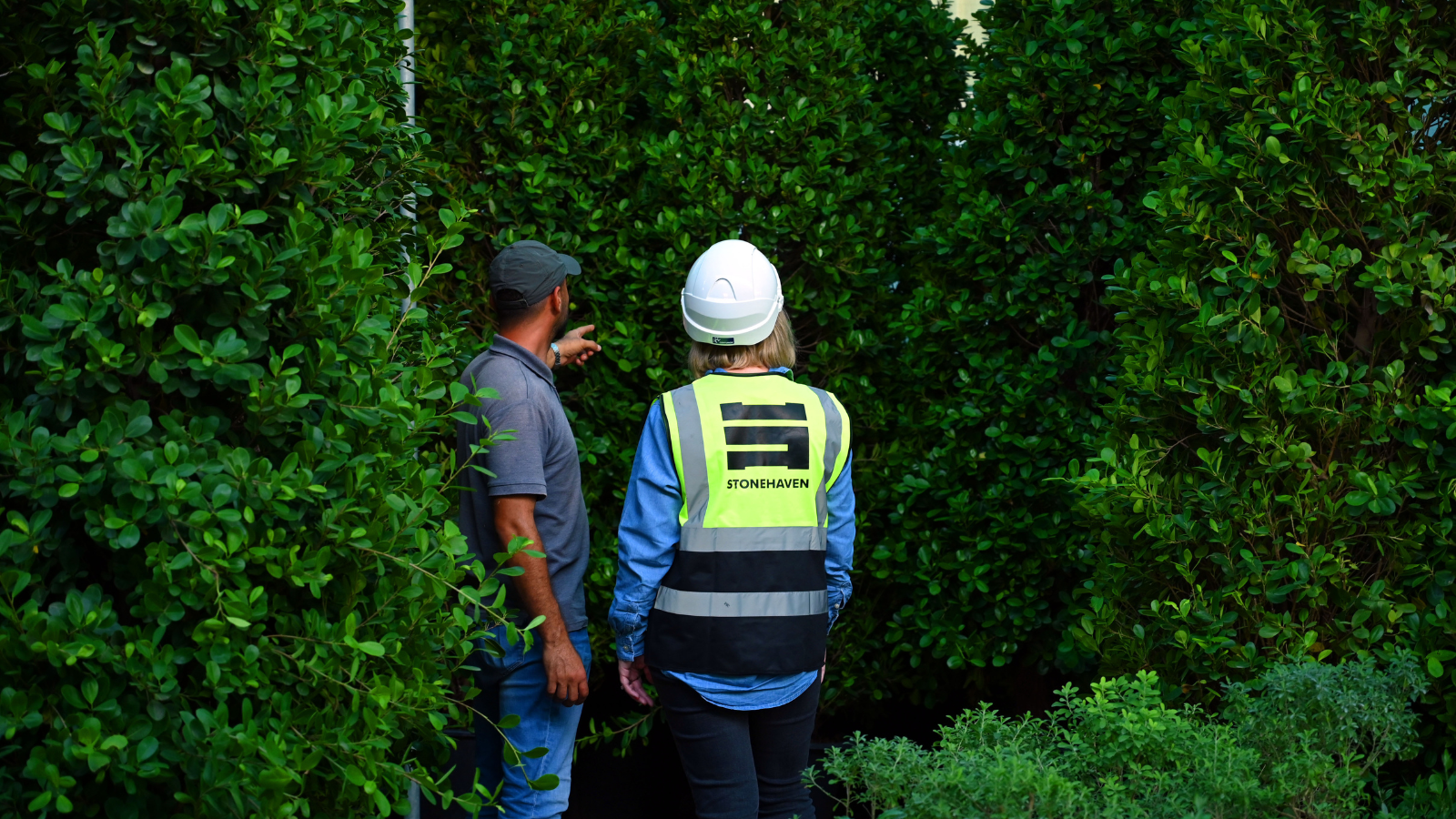
13. Equipment and Resources
Owning the necessary equipment is crucial for the efficient execution of a construction project. Contractors who possess their equipment can better control the availability and maintenance of the tools required for the job, reducing the risk of delays caused by equipment shortages or malfunctions. This level of control also allows for more flexible scheduling, as the contractor is not dependent on external rental services or suppliers.
14. Warranty and Aftercare Services
Comprehensive warranties and aftercare services are essential for protecting your investment in a construction project. Contractors who offer warranties, typically including a 365-day defects liability period, demonstrate confidence in the quality of their work and provide clients with peace of mind that any issues post-completion will be promptly addressed. Extended warranties can be invaluable, offering additional protection and support beyond the standard coverage period.
15. Energy Efficiency Practices
Incorporating energy-efficient practices into construction projects is essential for reducing long-term operational costs and enhancing sustainability. By aligning with internationally recognised standards like LEED, BREEAM, and Estidama, contractors can ensure that their projects not only achieve financial savings but also contribute to environmental stewardship. The benefits of adopting these standards are illustrated below as they not only support a greener future but also adds significant long-term value to projects.
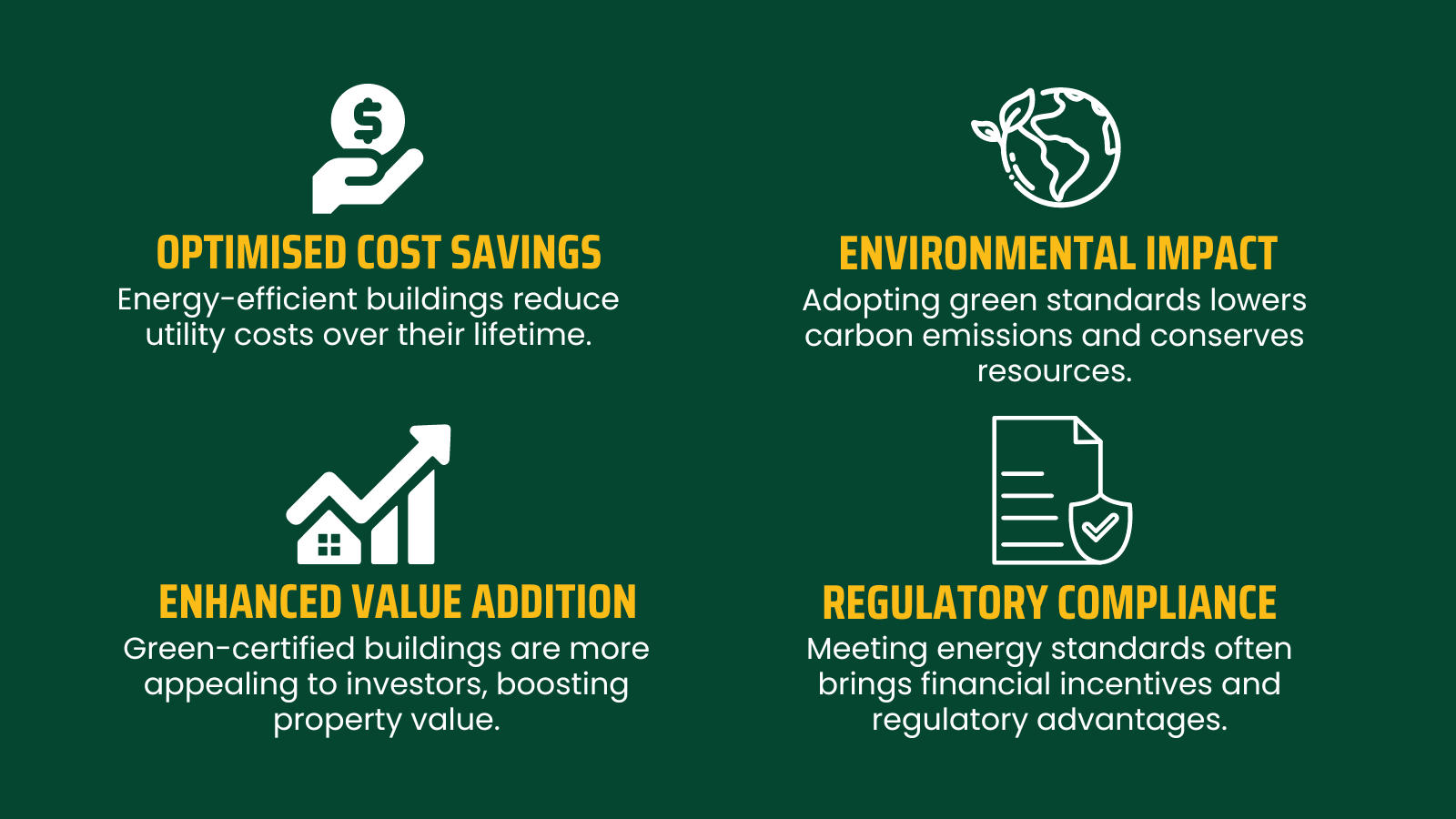
At Stonehaven, by prioritising these globally and regionally recognised sustainability standards, we help our clients achieve their environmental goals while delivering projects that are both cost-effective and resilient in the UAE with growing climate concerns.
16. Risk Management Approach
An outlined risk management approach is essential for navigating the uncertainties that can arise when managing a construction project. Contractors should have comprehensive risk management strategies in place, including procedures for identifying, assessing, and mitigating risks. These strategies should be part of the contractor’s ISO Management Procedures, ensuring that all potential risks are proactively managed to minimise disruptions and protect the project’s success.
17. Detailed Proposal
A well-prepared proposal is the foundation of a successful construction project. The proposal should clearly outline the project scope, timelines, costs, and materials, providing a comprehensive roadmap for the project’s execution.
18. Tender and Contract Documentation Process
Obtaining bids from multiple contractors is essential for ensuring competitive pricing and selecting the best contractor for your project. The tender process should involve evaluating bids based on cost, scope of work, experience, and timeline, rather than focusing solely on price. This comprehensive evaluation helps ensure that the selected contractor is well-suited to deliver the project successfully.
Stonehaven follows transparent and competitive tender and contract preparation services, ensuring that our clients receive the best value for their investment. We evaluate bids based on a range of factors, including cost, scope of work, experience, and timeline, to ensure that our projects are completed to the highest standards while maintaining budgetary efficiency.
19. Payment Terms
Clear payment terms are crucial for avoiding financial disputes later in the project. It is important to clarify payment milestones and how change orders will be managed before signing any contracts. Establishing these terms upfront ensures that both parties have a clear understanding of the financial obligations and helps maintain smooth financial operations throughout the project.
20. Thorough Contracts
Drafting detailed contracts is essential for ensuring that all important aspects of the project, including warranties, timelines, and payment terms, are legally binding. A thorough contract protects both the client and the contractor, providing a clear framework for the project’s execution and reducing the risk of misunderstandings or disputes.
At Stonehaven, we take great care in drafting detailed contracts that protect our clients’ interests and ensure the smooth execution of the project. Our contract document preparation services are prepared in collaboration ensuring that all important aspects of the project are clearly defined and legally binding.
21. Trust Your Instincts
While all these checks and evaluations are essential, in the end it’s also important to trust your gut when selecting a contractor. If a contractor comes off as unprofessional or unreliable, it may be wise to consider other options, even if they appear to meet all the technical criteria. Your instincts can provide valuable insights into the contractor’s character and approach to your project.
Understanding the Role of a Contractor
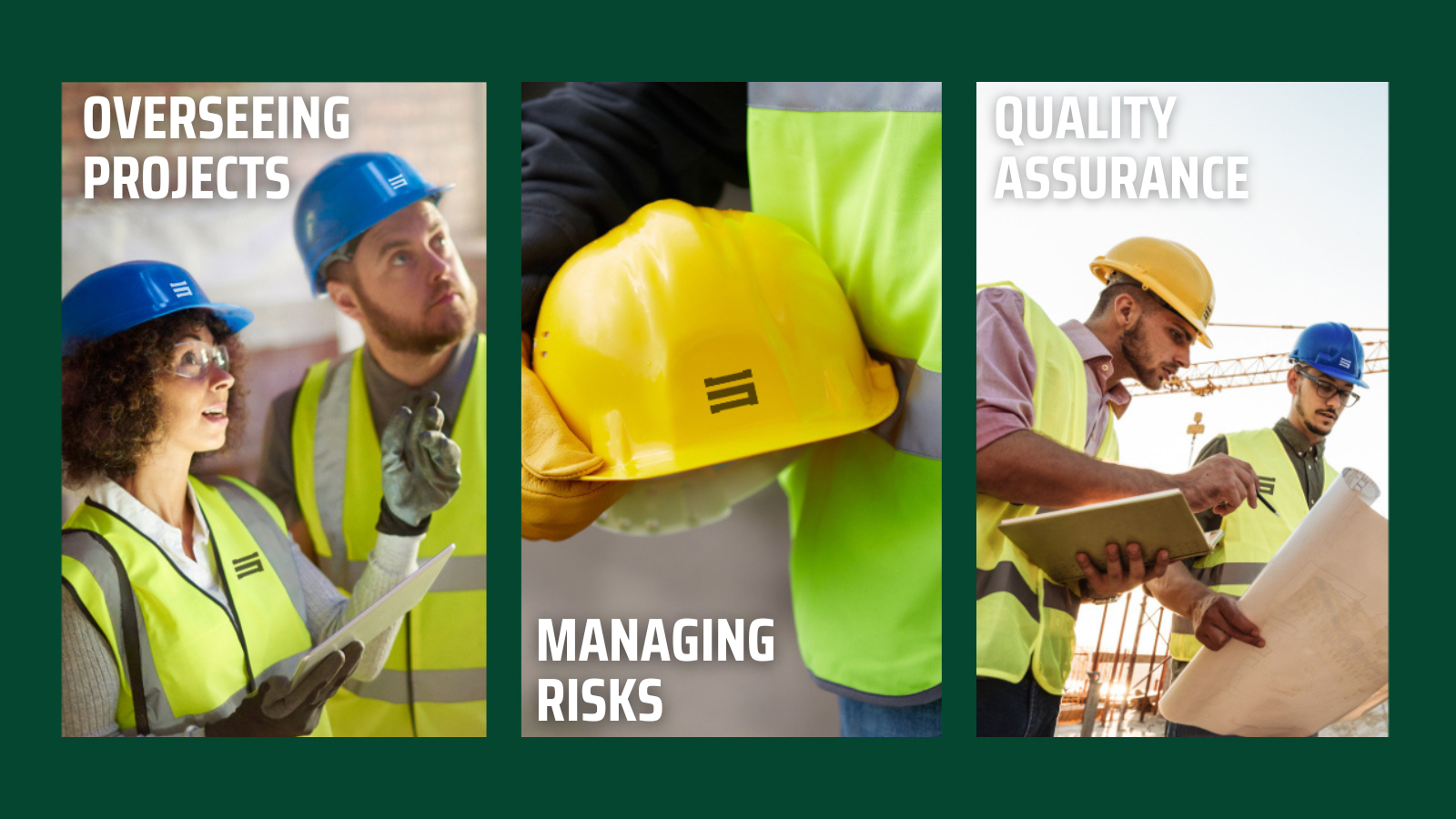
Once you have selected your contractor it’s important to understand the different roles that general contractors play in a construction project. Here’s a brief overview:
- Oversee the construction project: From planning and budgeting to ensuring timely completion. They coordinate with architects, engineers, subcontractors, and suppliers to ensure the project stays on schedule and within budget.
- Managing project risks: They are responsible for identifying and resolving potential risks throughout the construction process. This includes managing safety hazards, supply chain disruptions, and unforeseen challenges that can disrupt the project.
- Ensuring quality assurance: They ensure that the project once completed meets the highest standards of quality. They inspect the work of subcontractors, monitor material quality, and address any defects or issues that arise.
Conclusion
Selecting the right contractor is crucial for the success of your construction project. By following this comprehensive guide and understanding the different roles that contractors can play, you can ensure that your project is completed on time, within budget, and to the highest standards. Whether you're embarking on a residential or commercial project, these checks will help you make an informed decision and secure a contractor who meets your specific needs.
About us
Stonehaven is a trusted project management company and construction consultant based in Dubai, offering comprehensive construction management services across the UAE with offices located in Dubai, UK and Sri Lanka. As one of the leading project management companies in Dubai, we manage projects from inception to completion, ensuring quality, efficiency, and cost-effectiveness at every stage.
We deliver value through expert project management consultancy services, tailored to meet the unique needs of each client. Our core services include Cost Management, Project Management, Construction Supervision, Engineering Support, Design Support, and Marketing & Communications. Whether you’re looking for construction consultants or project managers in the UAE and wider GCC region, Stonehaven is your trusted partner for achieving excellence in your next project.
Selecting the right contractor is the foundation of a successful construction project. At Stonehaven, we understand the complexities and demands of large-scale projects, ensuring they are completed on time, within budget, and to the highest regards. Our comprehensive project management and construction consultancy services are tailored to meet your specific needs, guiding your project from inception to completion with unmatched expertise and dedication.
Contact us today to discuss your project and discover how we can deliver excellence at every stage of the process.








